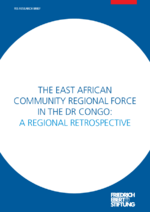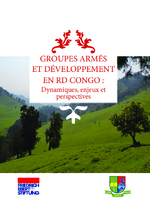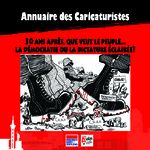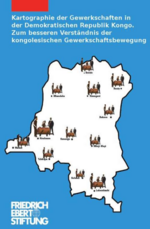DR Congo
The Democratic Republic of the Congo gained independence from Belgium on June 30, 1960. This historic moment not only marked the zero hour of a new state, but also the hope of a new nation. Since then, the country with its great diversity of cultures and ethnic groups as well as its incredible wealth of natural resources in the heart of Africa has gone through a history of secession attempts, military coups, one-party governments, wars and national political compromises. The immediate neighbors and the industrial nations interested in the wealth of raw materials have always played an often problematic role.
The country has immense natural wealth, but the majority of the population does not benefit from it. Many people suffer from the consequences of corruption, mismanagement, illegal resource trading and a lack of state presence, as well as internal conflicts, instability and ongoing humanitarian crises. The Democratic Republic of the Congo plays an important role in the region.
The Friedrich-Ebert-Stiftung has had its own office in the country since 2020 and works primarily in the areas of social democracy, peace and security, gender equality and decent work, with a focus on trade union cooperation. A broad-based project is being developed with the trade unions to implement labor law and social standards with a focus on raw materials and supply chains in the mining sector, especially cobalt.
Learn more about our work in the Democratic Republic of the Congo on the country project website.
DR Congo Publications
The East African Community Regional Force in the DR Congo
Dakar-Fann, 2024
Download (PDF) (330 KB, PDF-File)
Vanda, Adrien; Mwabi, Philippe
Annuaire des caricaturistes
Kinshasa, 2024
Download (PDF) (22 MB, PDF-File)
Butedi, François
Kartographie der Gewerkschaften in der Demokratischen Republik Kongo
Yaounde, 2014
Download (PDF) (1 MB PDF-File)




